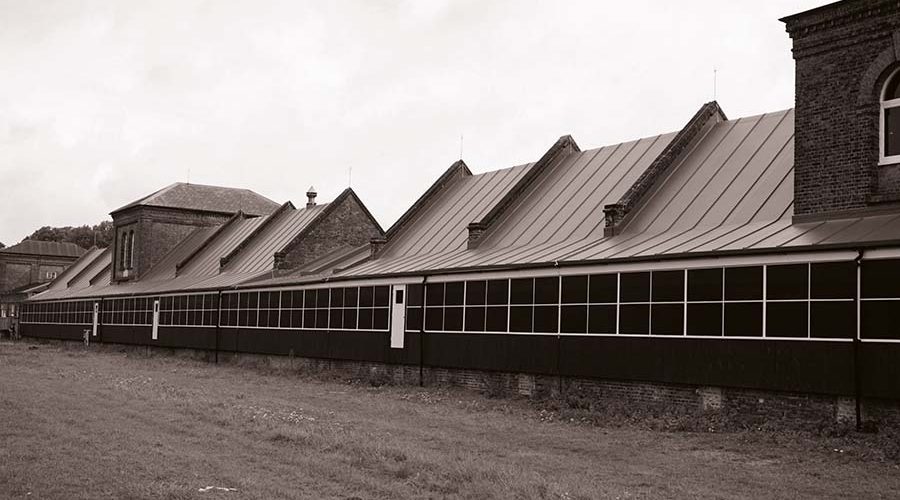Martin Bidewell, Head of Technical for Sika Roofing, considers the importance of guarantees in today’s market.
Sika Sarnafil
A contractor that’s able to offer a guarantee sets themselves apart from their competitors, as this is the most effective way to offer quality assurance to their customers. Offering a guarantee also enables them to submit and win tenders on contracts where, for instance, an Insurance-Backed Guarantee (IBG) is required. Another benefit is that it provides vital protection and security to the building owner.
But there are questions around the IBG sector of the marketplace. Previous changes within the financial services market, designed to strengthen regulated insurance businesses within the UK, changed the climate. The FCA imposed new rules that led to tightening in the market, making obtaining insurance terms longer than 10 years more difficult and increasingly uneconomical.
In the past, IBGs were limited to 20 years, but now they’re generally reduced to 10. Does this matter? It certainly should, as the market is generally demanding longer guarantees, often up to 25 years, which is more difficult to achieve with insurance backing. The changes also made things more complicated. Insurance and guarantees have always been an area that needs clarity – checking what is really required, understanding terminology and reading the small print are not just sensible steps, but imperative. Ask the questions, is the guarantee true to its description and does it have the value and backup required if called upon?
There’s also the additional complication of making sure that the insurer is not an offshore-based company. If based outside the UK, they’re outside the jurisdiction of any European or UK mandates and consequently the UK Financial Services Compensation Scheme does not cover them. As such, consideration should be given to the size and reliability of these insurance companies, along with the terms of their policies. It’s likely there are quite stringent requirements to be adhered to so that the full cover remains in place. Typically, for the first 12 months after installation, the liability still lies with the contractor, and this can be a key time for any problems to be addressed. After that time, the cover kicks in.
So, what’s the best strategy when looking at guarantees? The answer is to be thorough in your selection, ensure you understand what’s on offer and that your choice suits the requirements. A single-point system guarantee – offered with the backing from an established and reputable product manufacturer with considerable financial security – simplifies the whole procedure. It offers added assurance and confidence, providing peace of mind that customers strive for.
Comprehensive manufacturer guarantees are often preferred by specifiers and building owners. If there’s a problem with the roof during service, the client only has to make a single phone call to resolve the matter and not rely on multiple third-party manufacturers. Some guarantees can even be extended to cover errors in workmanship, should the contractor cease trading.
This option often saves time and money too. IBGs will cost varying percentages of the project cost, so can be expensive and usually only provide maximum 10-year cover. There may also be, above a certain sum, a requirement for an initial chargeable inspection.
In the case of manufacturer-backed guarantees, the period of cover commences immediately and can go up to 25 years, and there are often no additional inspection costs.
The objective is to offer premium quality roofing systems with a wide range of comprehensive guarantee periods, backed by industry-leading customer service. We are able to offer that choice, and in our minds, there’s no competition. Don’t take the decision lightly!






